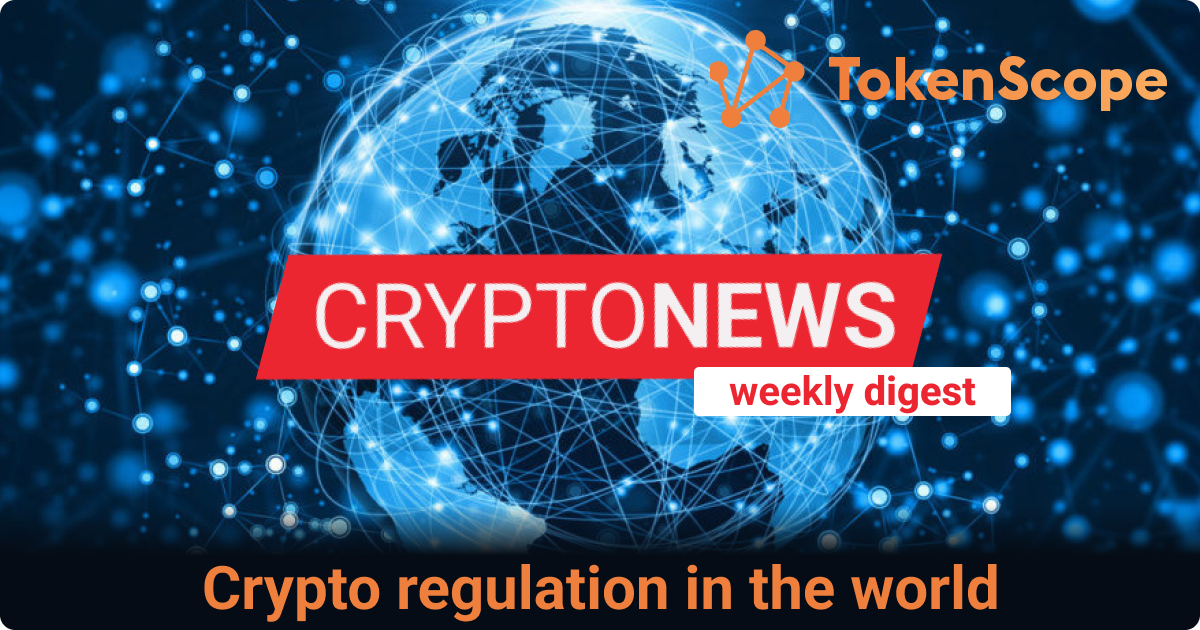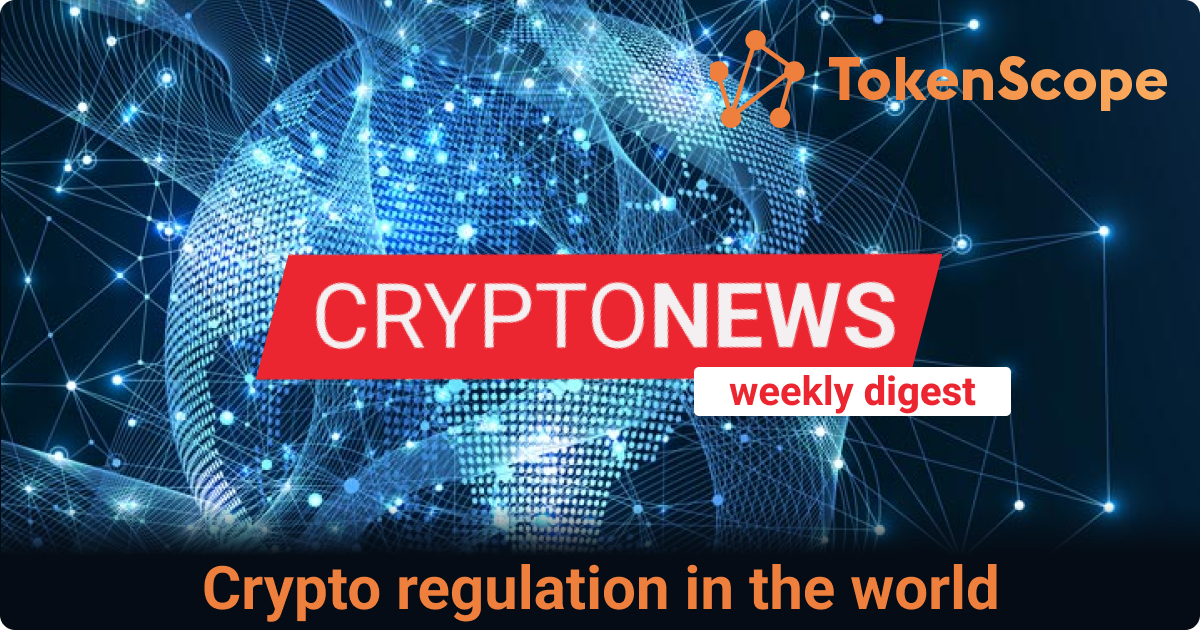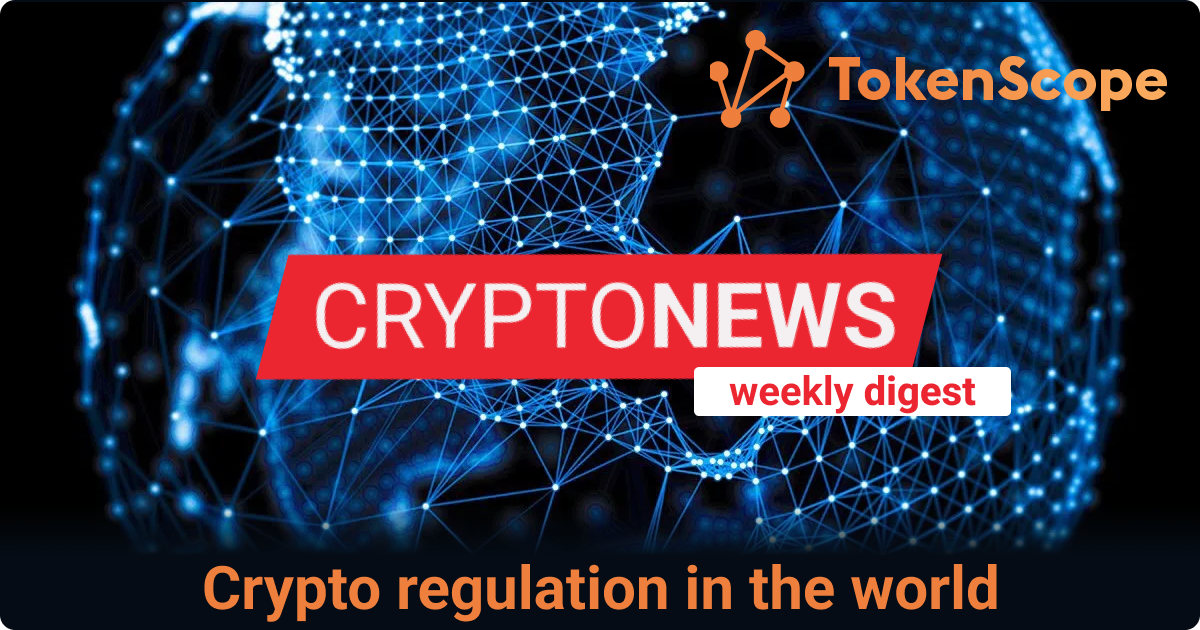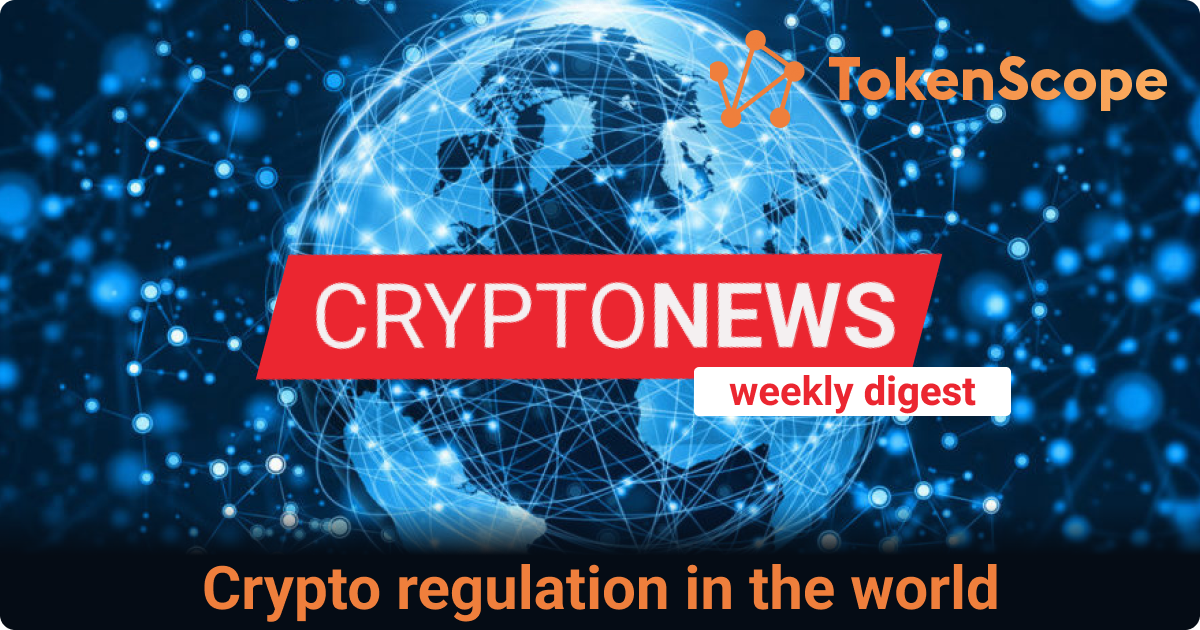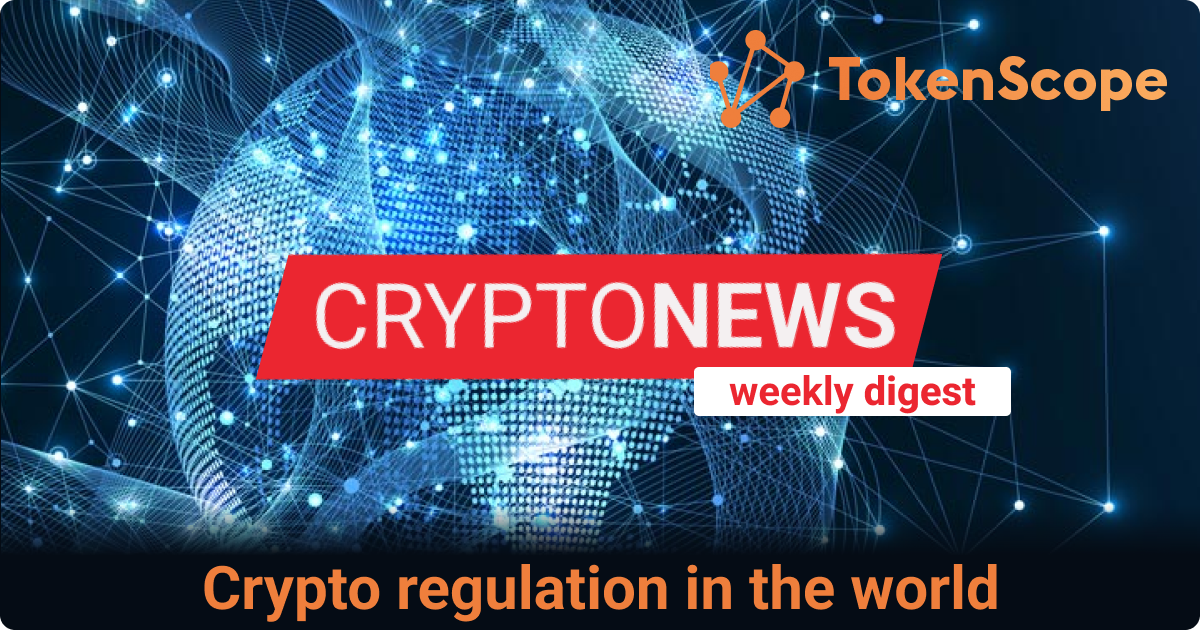Crypto regulation in the world: weekly digest #82

USA
The U.S. SEC has adopted new rules that redefine the term «dealer» to include more market participants, including those dealing in cryptocurrency securities.
The new rules require market participants who have significant liquidity-providing roles to comply with SEC laws, and those who control over $50 million in capital to register with the SEC. The move could have serious consequences for the digital assets industry, particularly in decentralized finance (DeFi) operations, which may find it impossible to register or maintain compliance with SEC demands.
The new regulations place hedge funds, proprietary trading firms, and others who act as liquidity providers for US Treasurys and securities through trades exceeding $50 million under the SEC's purview.
The SEC's Chairman, Gary Gensler, noted that the rule is needed to protect investors and that firms are acting as "de facto market makers" and have not registered with the SEC, which would require them to report data and keep books and records. However, SEC Commissioners Mark Uyeda and Hester Peirce opposed the rule, arguing that it is «creating additional regulatory confusion for other markets, including crypto asset securities.»
The new rules have garnered much criticism from the crypto community, DeFi ecosystem, and pro-crypto politicians, and are expected to be challenged in court.
Hong Kong
Hong Kong has recently launched a public consultation on regulatory proposals for OTC trading of virtual assets, aiming to implement a licensing regime for providers of OTC trading services. The consultation, which will last until April 12, 2024, is a significant step in the government's efforts to develop a regulatory framework for the crypto industry. The proposed legislative measures include mandating licensing by Hong Kong's Commissioner and encompass all virtual asset OTC services, regardless of the platform through which they are offered. The regulatory framework also aims to grant powers to the CCE to supervise anti-money laundering and enforce statutory requirements.
This initiative is part of Hong Kong's broader efforts to regulate the crypto sector. The city has already launched a licensing regime for virtual asset trading platforms, with the Securities and Futures Commission (SFC) and the Hong Kong Monetary Authority (HKMA) playing key roles in the regulatory framework. The SFC has also relaxed its approach to virtual asset exchange traded funds and proposed a legal framework for stablecoin issuers.
The new regulatory regime in Hong Kong is designed to protect investors, combat illegal activities in the crypto space, and provide a clear framework for the operation of virtual asset trading platforms. It is also aimed at attracting fresh capital and talent to the city, positioning Hong Kong as an international crypto hub.
Japan
Japan has recently made significant proposals to ease the regulation of Decentralized Autonomous Organizations (DAOs) and token issuers. These proposals aim to promote the development of DAOs and create a more favorable regulatory environment for token issuers in the country.
The country's Financial Services Agency has granted limited rights to DAO member tokens, thereby easing regulations on employee rights in tokenized Limited Liability Companies (LLCs) that utilize DAO structure. Additionally, Japan's National Tax Agency has exempted crypto token issuers from 30% corporate taxes on unrealized gains, a move that is expected to encourage more token issuers to enter the Japanese market.
Furthermore, the proposals clarify the legal status of DAOs and token issuers, with a focus on differentiating between investment DAO tokens, which are generally considered securities and subject to financial regulations, and community DAO tokens, which are either unregulated or regulated by the Crypto Asset Exchange Business Law or the Financial Instruments and Exchange Act, depending on their nature.
Overall, these proposals represent a significant step towards creating a more favorable regulatory environment for DAOs and token issuers in Japan, which is expected to encourage innovation and investment in the country's crypto industry.
News from other countries:
-
Binance delisted Monero (XMR) on February 20, 2024, along with three other tokens. The exchange stated that the decision was made because Monero and the other delisted tokens no longer met its standards or the industry changes. Binance reviews digital asset it lists and upscale s it’s compliance level after the exchange came under control of the U.S. authorities.
-
The United Kingdom's stablecoin bill proposal is being called for revision by various groups, including the Financial Conduct Authority (FCA) and the Bank of England. The Bank of England has proposed a regulatory framework for systemic payment systems using stablecoins, as stablecoins have the potential to be used for everyday payments by many people in the UK.
We continue to highlight the news of the world of crypto regulation worldwide. Please stay with us!
